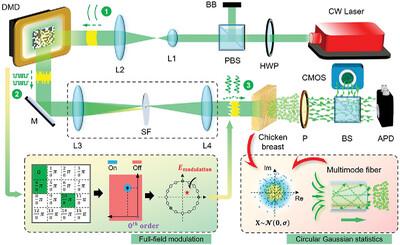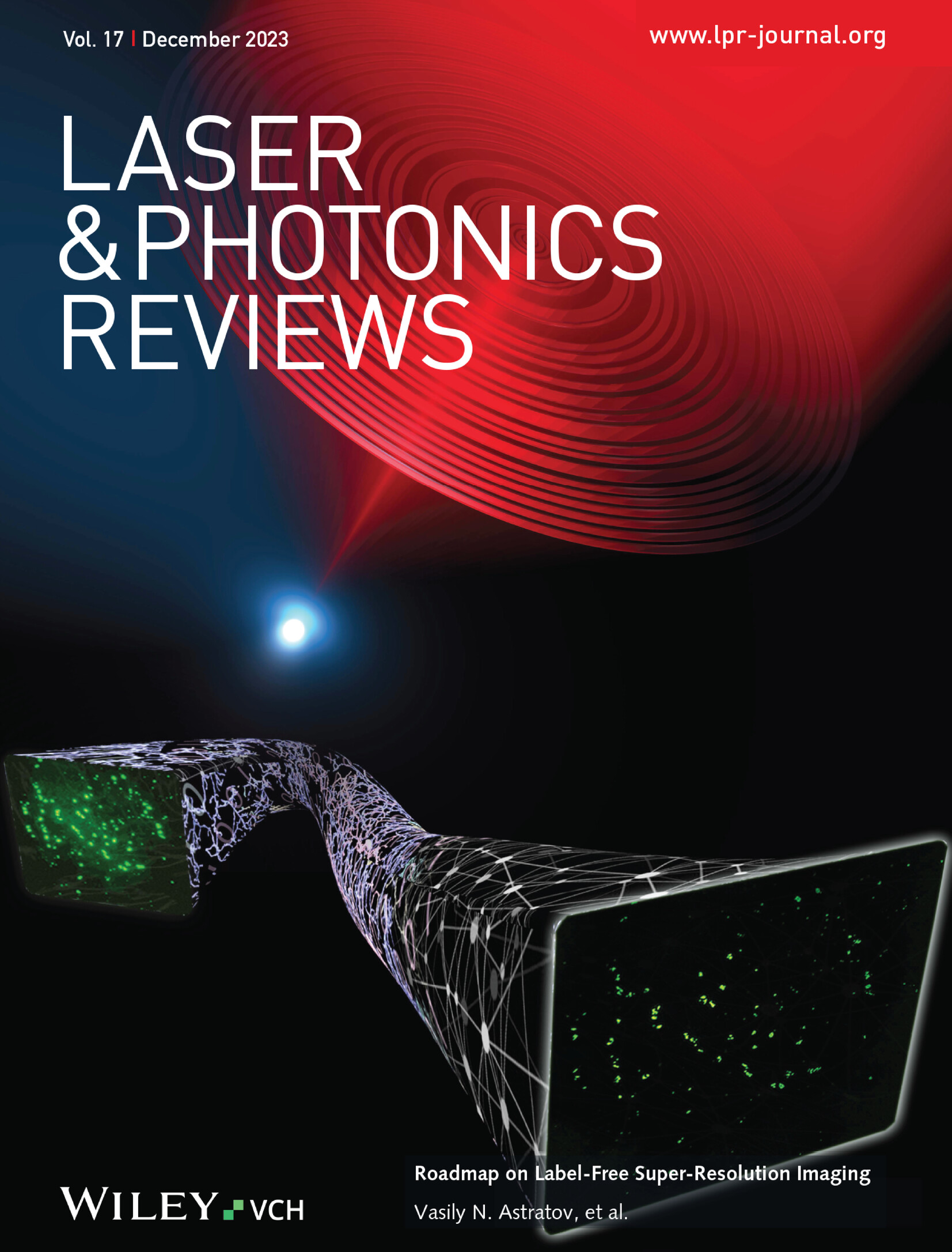Retrieving Scattering Matrices With Gaussian Regularized Adaptive Statistical Prior
IF 9.8
1区 物理与天体物理
Q1 OPTICS
引用次数: 0
Abstract
Wavefront shaping has revolutionized the control of light propagation through scattering media, transforming disordered speckles into highly focused optical spots. This breakthrough depends on the accurate and efficient retrieval of scattering matrices, which promises to unlock new possibilities in optical imaging, communication, and sensing. However, a major challenge persists: retrieving scattering matrices from direct intensity measurements, often hindered by the lack of effective prior knowledge or regularization constraints. In this study, we introduce the Gaussian-regularized adaptive statistical prior fast iterative shrinkage-thresholding algorithm (GRASP-FISTA), a novel method designed to overcome this challenge in phase retrieval for scattering media. By exploiting the statistical properties of scattering matrix elements—specifically their circular Gaussian distribution—we impose a robust statistical prior that enhances retrieval accuracy. Integrated with the Plug-and-Play FISTA framework, known for its rapid convergence, GRASP-FISTA offers an efficient and reliable solution to phase retrieval. Experimental validation on multimode fibers, ground glass, and chicken breast tissue demonstrates that GRASP-FISTA reduces iteration counts by 2–3 times, increases robustness against Gaussian noise, and improves reconstruction accuracy. By incorporating statistical constraints into gradient-descent-based methods, GRASP-FISTA significantly broadens the scope of phase retrieval, paving the way for new applications across diverse scattering processes.

求助全文
约1分钟内获得全文
求助全文
来源期刊
CiteScore
14.20
自引率
5.50%
发文量
314
审稿时长
2 months
期刊介绍:
Laser & Photonics Reviews is a reputable journal that publishes high-quality Reviews, original Research Articles, and Perspectives in the field of photonics and optics. It covers both theoretical and experimental aspects, including recent groundbreaking research, specific advancements, and innovative applications.
As evidence of its impact and recognition, Laser & Photonics Reviews boasts a remarkable 2022 Impact Factor of 11.0, according to the Journal Citation Reports from Clarivate Analytics (2023). Moreover, it holds impressive rankings in the InCites Journal Citation Reports: in 2021, it was ranked 6th out of 101 in the field of Optics, 15th out of 161 in Applied Physics, and 12th out of 69 in Condensed Matter Physics.
The journal uses the ISSN numbers 1863-8880 for print and 1863-8899 for online publications.

 求助内容:
求助内容: 应助结果提醒方式:
应助结果提醒方式:


